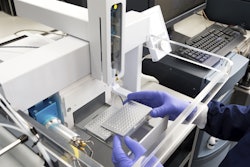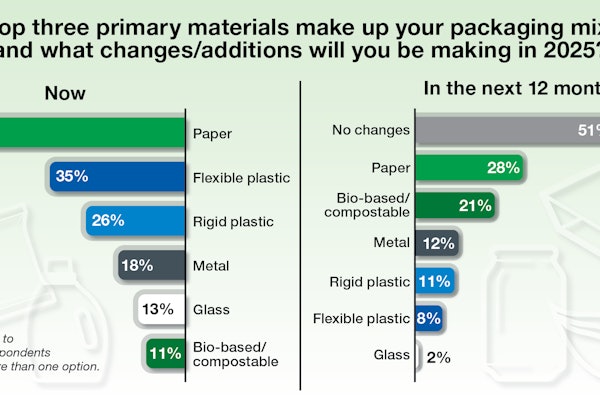
The Sustainable Packaging Coalition (SPC) has released a formal position paper against biodegradability additives for petroleum-based plastics, which are marketed as enhancing the sustainability of plastic by rendering the material biodegradable. The SPC has evaluated the use of biodegradability additives for conventional petroleum-based plastics and has found that these additives do not offer any sustainability advantage and they may actually result in more environmental harm.
The position paper lists the following reasons for the stance against these additives:
- They don’t enable compostability, which is the meaningful indicator of a material’s ability to beneficially return nutrients to the environment.
- They are designed to compromise the durability of plastic, and the additive manufacturers have not yet demonstrated an absence of adverse effects on recycling.
- The creation of a “litter friendly” material is a step in the wrong direction, particularly when the material may undergo extensive fragmentation and generation of micro-pollution before any biodegradation occurs.
- The biodegradation of petroleum-based plastics releases fossil carbon into the atmosphere, creating harmful greenhouse gas emissions.
“We strongly urge companies and government agencies to separate facts from misleading marketing language and help us generate the understanding that plastics are more sustainable without biodegradability additives,” says Adam Gendell, Senior Manager of the Sustainable Packaging Coalition. “We’ve been disappointed by the uptake from brands and manufacturers as well as governments mandating their usage in other countries, and we’re hopeful that our position will help inform better decisions.”
This formal position coincides with the recent Federal Trade Commission’s ongoing crackdown on false and misleading environmental claims, including five enforcement actions that specifically address biodegradable plastic claims. While the FTC action centers on the efficacy of the additives and their ability to work as advertised, the SPC’s stance is centered on the idea that the additives do not provide environmental benefits even if they do work as advertised.
“We feel strongly that the most ideal end-of-life scenario for petroleum-based plastics is recycling,” says Gendell. “There are ample opportunities for the sustainable usage of petroleum-based plastics, and we need solutions that help realize those opportunities. Unfortunately, biodegradability additives are not one of them.”

























